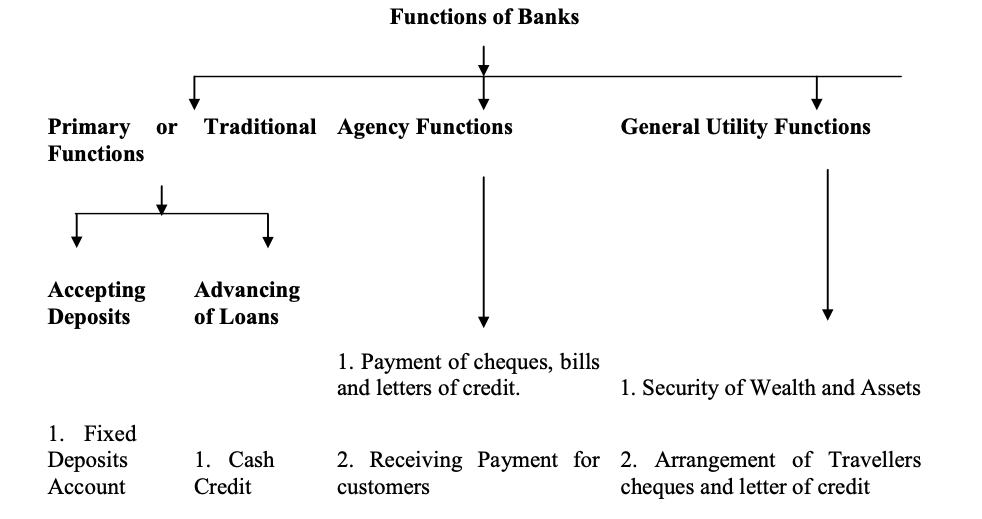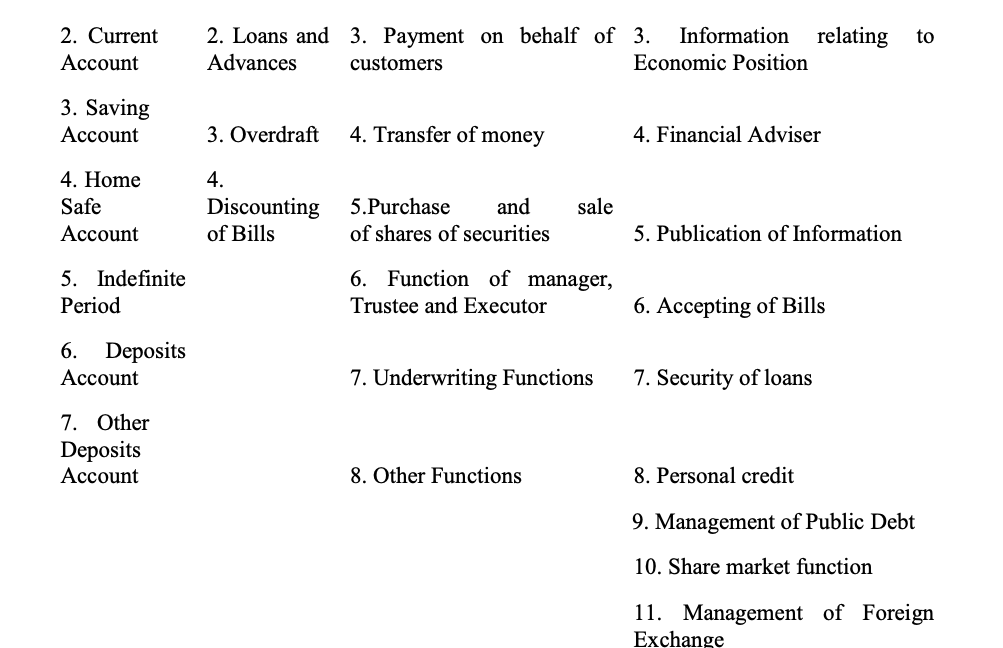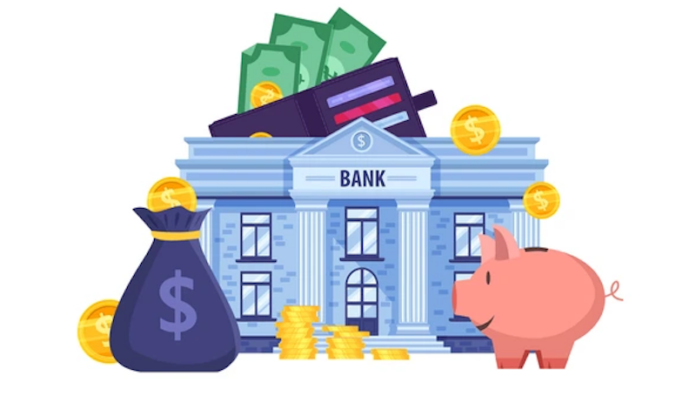“A Bank is one of the most common factor among human beings, societies, industries, and countries. We all are related to Banks directly or indirectly. There is direct role of banks in
day-to-day activities of our life. As we know that a bank is a financial institution and whether it is a common person, private organization or government organization, all of them are dealing with banks. Therefore, the responsibility of banks increases and we need to understand the role of banks in the Global Economy of 21st century” (Goyal, et al., 2011).


“Still, a large group of banks do not see the role, which they can play a sustainable development” (Goyal, et al., 2011).
Banks play an integral part in our societies and ensuring that banks’ goals coincide with what goals we want to see in our communities is important.
“We are witnessing certain changes and growing awareness in the field of financial sector like; environmental investment funds, loans, green banking, global banking, rural banking, agribanking, social banking and ethical banking” (Goyal, et al., 2011).
This growth in awareness comes with a growth in how we want to deal with the realizations and situations that are arising. This brought in new forms of banking including social banking.
“Social Banking [is] a way of value-driven banking that has a positive social and ecological impact at its heart, as well as its own economic sustainability. In Social Banking, the focus is on
satisfying existing needs in the real economy and the society; also taking into account their social, cultural, ecological, and economic sustainability” (Goyal, et al., 2011). “Social banks try to invest their money only in endeavors that promote the greater good of society, instead of those, which generate private profit just for a few. He has also explained the main difference between mainstream banks and social banks that mainstream banks are in most cases focused solely on the principle of profit maximization whereas, social banking implements the triple principle of profit-people-planet. Social banks care about making a profit, but equally for promoting human and environmental well-being. It is this triple principle that they follow when they decide to whom to lend money, and for what purpose” (Goyal, et al., 2011).
In a reality where mainstream banks are not considered to be social banks, how can mainstream banks implement these new upcoming ideologies that help ensure financial well-being in the sense of profit, people, and the planet? And how does the concept of social banking impact personal finance and well-being on an individual and collective level?
References:
Goyal, K. Joshi, V. (2011). A Study of Social and Ethical Issues in banking industry. International Journal of Economics and Research, 49-57.




